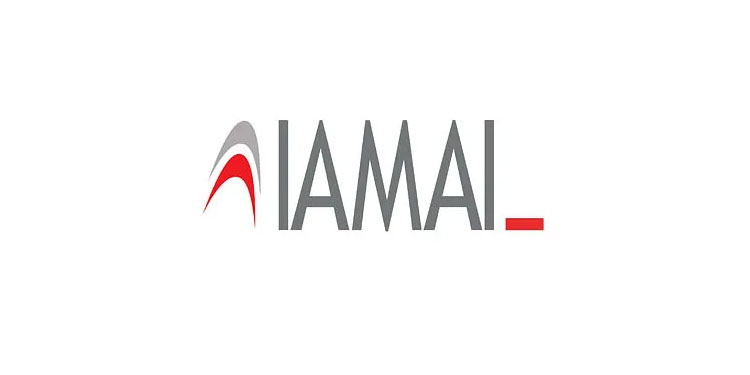New Delhi: Mentioning that the proposed amendments to the Consumer Protection (E-Commerce) Rules 2020 is a deterrent for the growth of the industry, the Internet and Mobile Association of India (IAMAI) has suggested a) excluding the entire value chain from the ambit of e-commerce definition b) clarifying the flash sale concept c) confining the rules to protect the rights and interests of the consumers as in its current form they fall under the jurisdiction of Competition law, legal metrology law, intermediary law, etc.
The association is of the view that although it supports government initiatives and regulatory interventions to protect consumer interests, the proposed amendments to the rules raise several concerns and ambiguities from an e-commerce business standpoint which are also likely to have unintended negative consequences for consumers. It highlighted that the amendments seek to regulate the entire e-commerce supply chain, many elements of Platform to Business (P2B) and Business to Business (B2B) e-commerce which are beyond the remit of the parent Consumer Protection Act (CPA).
The Amendments also fail to provide a level-playing field between Online and Offline e-commerce/retail. Under the Amendments, e-commerce platforms will face several restrictions and an increased compliance burden. However, the same will not be applicable on the brick-and-mortar stores. Also, implementation of the Amendments in the current form will significantly increase the compliance burden on MSMEs as well as for start-ups who are not even in the e-commerce business, but provide services to e-commerce.
In its submission to the Consumer Affairs Ministry on the Consumer Protection (E-Commerce) Rules, 2020, IAMAI mentioned that “The amendment to the definition of e-commerce entities goes over and beyond the definition of e-commerce entities provided under other delegated legislations such as the Foreign Exchange Management (Non-Debt Instruments) Rules, 2019 (NDI Rules). The scope is also beyond what is contemplated under the CPA…”
It recommended that clauses with respect to cross-selling, fall back liability, re-registration with the Department of Promotion of Industry and Internal Trade will only lead to over-regulation of the sector and impede innovation and access of small sellers to marketplace platforms.
“The concept of “Fall Back liability” dilutes the intermediary safe harbour under the provisions of the IT Act as well as the arm’s length requirements provided under the FDI Policy. It will open floodgates for unscrupulous claims against e-commerce entities. It can significantly change the landscape of e-commerce in India and impede innovation.”
On flash sales, the association suggested that a normal brick and mortar store can offer flash sales, and therefore there is no reason to restrict these flash sales on an e-commerce platform. Flash sales should be very clearly and explicitly defined from a customer/consumer standpoint, to avoid any ambiguity both in letter and spirit, to ensure consumers do not suffer on account of not benefiting from flash sales, it opined.
On the clause of mis-selling, the association pointed out that this is in contradiction with sellers’ liabilities in e-commerce rules and the intermediary role that must be performed by all marketplace e-commerce entities under the FDI laws and the IT Act. This is an issue, which constitutes primary responsibility of the seller under the e-commerce rules (original) and such additional responsibility on marketplace e-commerce should be removed.
The association is of the view that the earlier set of rules that were notified only a few months back were sufficient and better served the needs of the consumers.

















